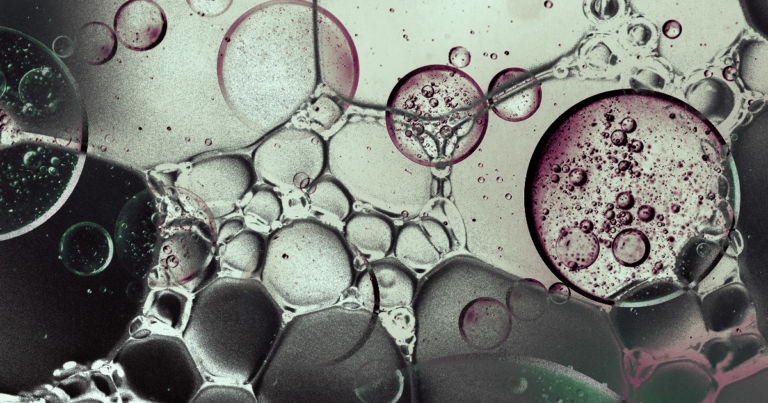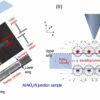Playing God
A team of scientists believe that they’ve recreated the biochemical processes that gave rise to the earliest forms of life on Earth.
Researchers from the University of Duisburg-Essen recreated the harsh conditions deep within the Earth’s crust as it existed some 3.8 billion years ago, which is where they suspect life began. Under those conditions, they say they managed to create and destroy 1,500 vesicles — bubble-like biological structures similar to a cell’s membrane — over a period of two weeks.
The work, described in a book the duo will publish next month, could shed vital new light into exactly how life began and developed — if it holds up under scientific scrutiny.
Vengeful Gods
As they continued to generate and destroy vesicles like vengeful gods, the scientists say some generations were able to better survive the harsh pressures and geochemical conditions they were subjected to. That’s because they had absorbed certain biomolecules into their membranes that gave them an advantage, they say, potentially illustrating how biological structures first managed to survive.
“We concluded that this way, the vesicles were able to compensate for destructive pressure,” Duisburg-Essen chemist Christian Meyer said in a press release. “As a survival strategy, if you will.”
Abiogenesis
The question, then, is how tiny biomolecular blobs forming inside the Earth’s crust led to a planet rich with life. For that, the scientists credit the activity of the planet itself.
“We have simulated in time-lapse, billions of years ago,” geologist Ulrich Schreiber said in the release, “such vesicles might have become stable enough to come to the surface…



